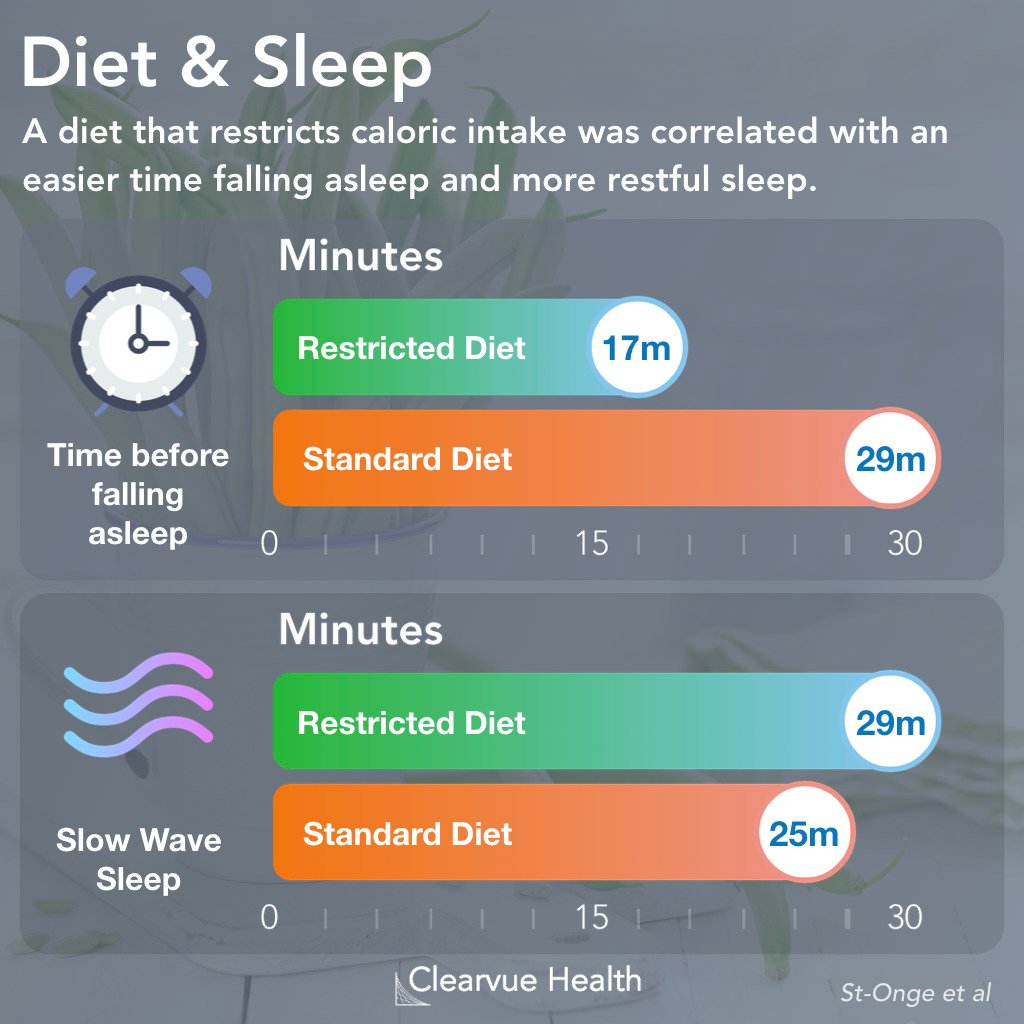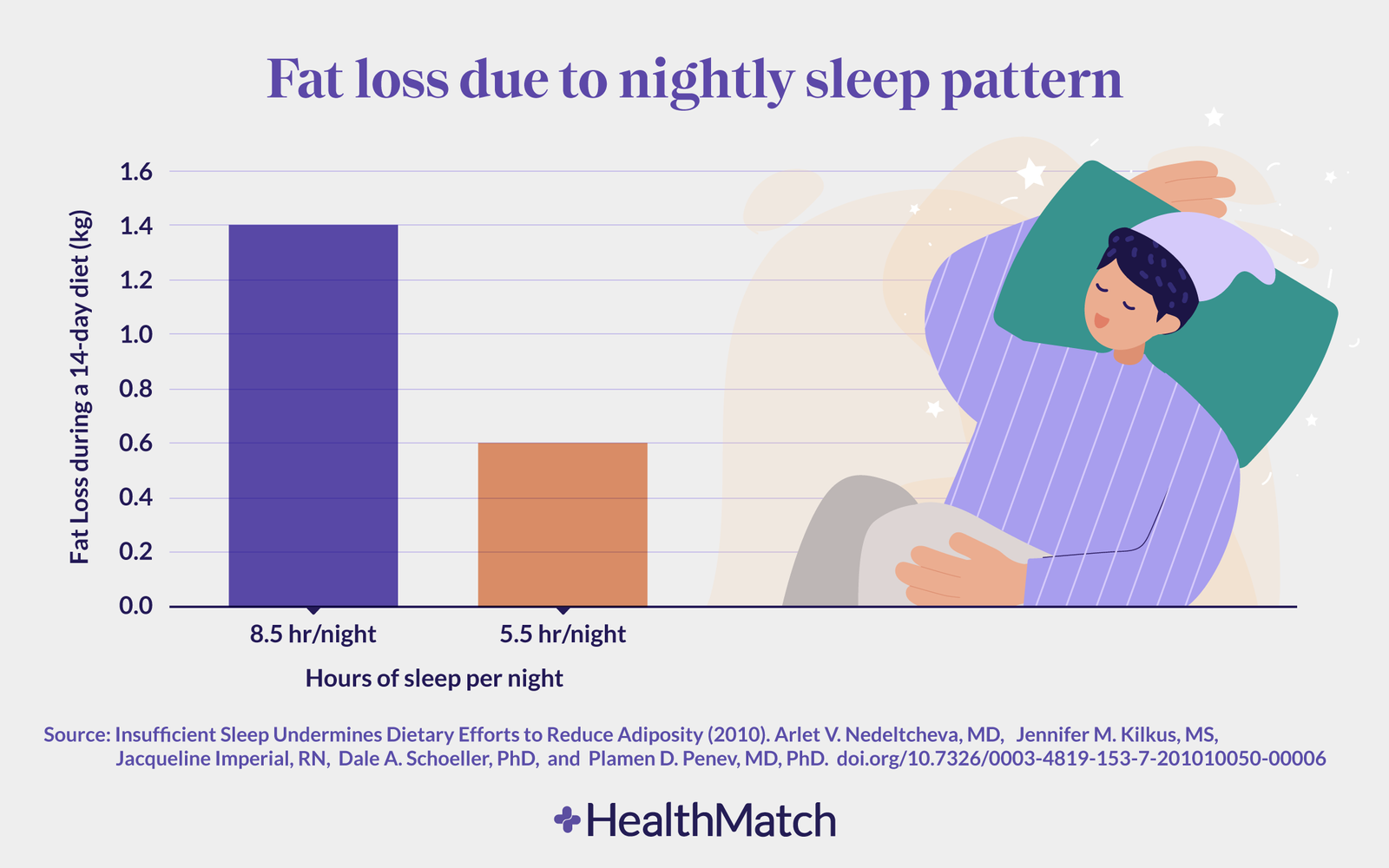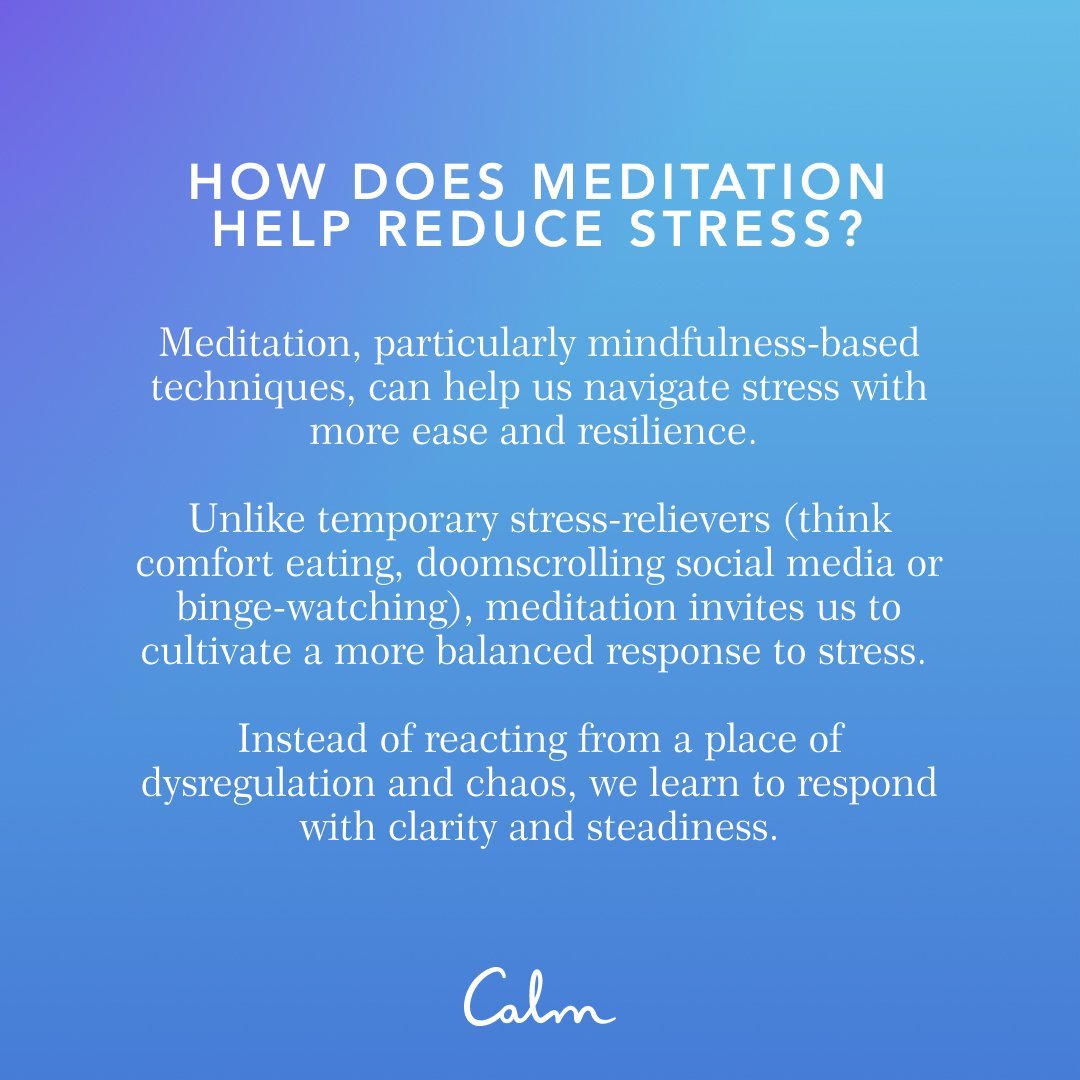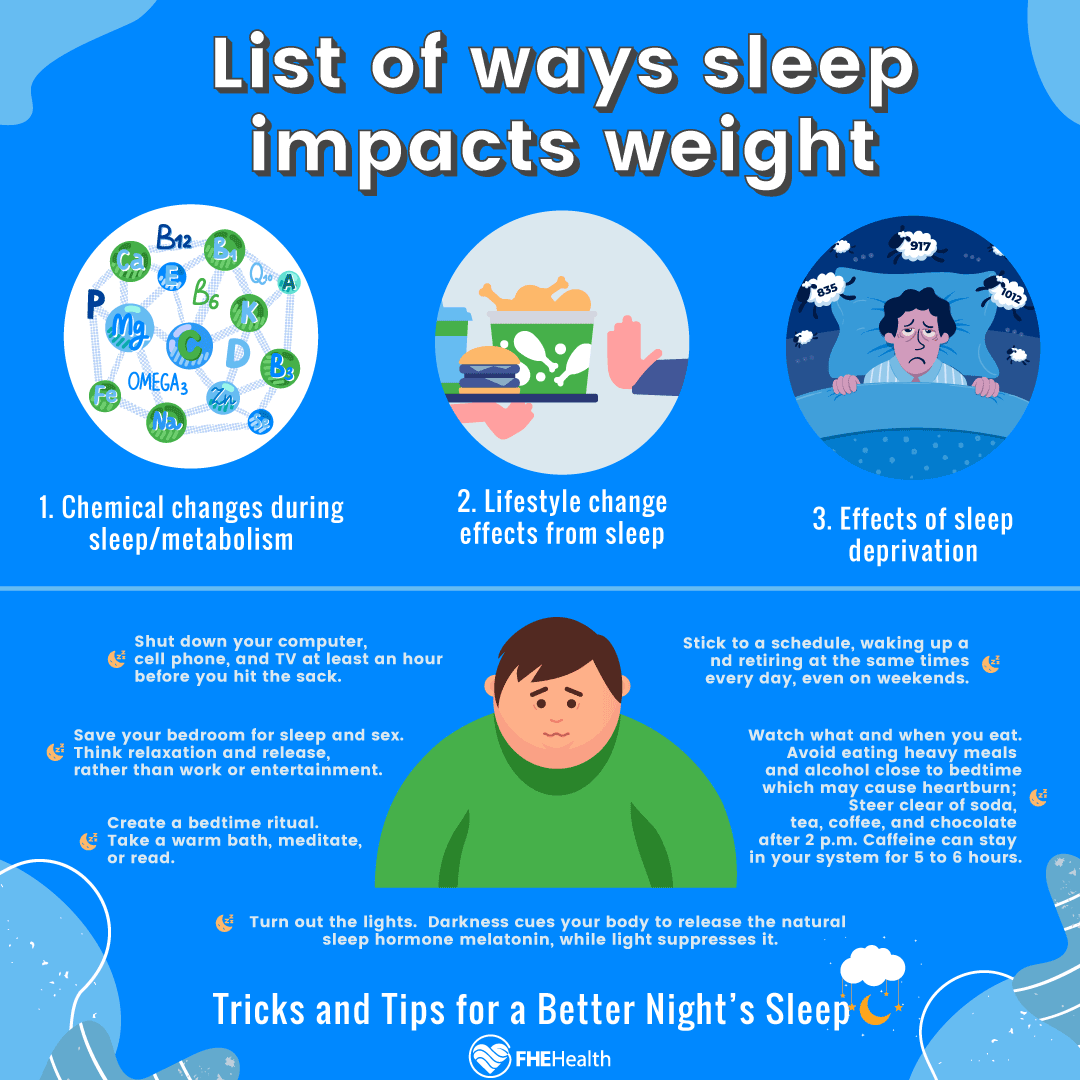In the relentless pursuit of weight loss, most people focus intensely on diet and exercise while overlooking two critical factors that can make or break their success: sleep quality and stress management. This oversight represents one of the most significant gaps in conventional weight loss approaches, as emerging research reveals that inadequate sleep and chronic stress can sabotage even the most disciplined dietary and exercise efforts.
The intricate relationship between sleep, stress, and weight regulation operates through complex hormonal pathways that directly influence appetite, metabolism, and fat storage. When these systems are disrupted by poor sleep or chronic stress, the body enters a state that actively promotes weight gain and makes weight loss exponentially more difficult. Understanding and addressing these factors can be the difference between temporary weight loss and lasting transformation.
Modern life has created a perfect storm of sleep deprivation and chronic stress that contributes significantly to the obesity epidemic. The average American sleeps 6.8 hours per night, well below the recommended 7-9 hours, while simultaneously experiencing unprecedented levels of chronic stress from work, technology, and social pressures. This combination creates a physiological environment that promotes weight gain and makes sustainable weight loss nearly impossible without targeted intervention.
The Science of Sleep and Weight Regulation
Sleep serves as the body's primary recovery and restoration period, during which critical hormonal processes occur that directly impact weight regulation. During quality sleep, the body produces optimal levels of growth hormone, which promotes fat burning and muscle preservation, while simultaneously regulating the hormones leptin and ghrelin that control hunger and satiety signals.
Leptin, often called the "satiety hormone," is produced by fat cells and signals the brain when energy stores are adequate, naturally suppressing appetite. Ghrelin, conversely, is produced in the stomach and stimulates hunger when energy is needed. Sleep deprivation dramatically disrupts this delicate balance, reducing leptin production by up to 18% while increasing ghrelin levels by 28%, creating a perfect storm of increased appetite and reduced satiety signals.
Critical Sleep-Weight Connection
Research shows that people who sleep less than 6 hours per night are 30% more likely to become obese compared to those who sleep 7-9 hours. Even one night of poor sleep can increase next-day calorie intake by an average of 385 calories, primarily from high-carbohydrate, high-fat foods.
Hormonal Cascades During Sleep Deprivation
The hormonal disruptions caused by inadequate sleep extend far beyond leptin and ghrelin, creating a cascade of metabolic dysfunction that promotes weight gain through multiple pathways. Sleep deprivation increases cortisol production, elevates insulin resistance, reduces growth hormone secretion, and disrupts thyroid function, each contributing to metabolic slowdown and increased fat storage.
Cortisol, the primary stress hormone, naturally follows a circadian rhythm with highest levels in the morning to promote wakefulness and lowest levels at night to facilitate sleep. Sleep deprivation disrupts this pattern, leading to elevated evening cortisol levels that interfere with sleep quality and promote abdominal fat storage. This creates a vicious cycle where poor sleep leads to elevated cortisol, which further impairs sleep quality and promotes weight gain.

| Sleep Duration | Leptin Levels | Ghrelin Levels | Weight Gain Risk | Metabolic Impact |
|---|---|---|---|---|
| Less than 5 hours | -19% decrease | +32% increase | 73% higher obesity risk | Severe metabolic dysfunction |
| 5-6 hours | -15% decrease | +28% increase | 30% higher obesity risk | Moderate metabolic impairment |
| 6-7 hours | -8% decrease | +15% increase | 23% higher obesity risk | Mild metabolic disruption |
| 7-9 hours (optimal) | Normal levels | Normal levels | Baseline risk | Optimal metabolic function |
Sleep Quality vs. Sleep Quantity
While sleep duration receives significant attention in weight loss discussions, sleep quality proves equally important for metabolic health and weight regulation. Poor sleep quality, characterized by frequent awakenings, difficulty falling asleep, or non-restorative sleep, can produce similar hormonal disruptions as insufficient sleep duration, even when total sleep time appears adequate.
Sleep architecture, the natural progression through different sleep stages, plays a crucial role in metabolic regulation. Deep sleep stages are particularly important for growth hormone release and metabolic restoration, while REM sleep contributes to stress hormone regulation and cognitive function. Disruptions to normal sleep architecture, whether from sleep disorders, environmental factors, or lifestyle choices, can significantly impact weight regulation even when total sleep time meets recommendations.
Understanding Stress and Its Impact on Weight
Chronic stress represents one of the most underestimated obstacles to successful weight loss, operating through complex physiological mechanisms that promote fat storage, increase appetite, and slow metabolic rate. The stress response system, designed for short-term survival situations, becomes maladaptive when activated chronically by modern lifestyle stressors, creating a physiological environment that actively opposes weight loss efforts.
The hypothalamic-pituitary-adrenal (HPA) axis serves as the body's primary stress response system, coordinating the release of stress hormones including cortisol, adrenaline, and norepinephrine. While these hormones serve important functions during acute stress, chronic activation leads to persistent elevation of cortisol, which has profound effects on metabolism, appetite regulation, and fat distribution.

The Cortisol-Weight Gain Connection
Cortisol stimulates appetite, particularly for high-calorie, high-sugar foods
Elevated cortisol promotes visceral fat accumulation around organs
Chronic cortisol elevation impairs insulin sensitivity and glucose metabolism
Cortisol promotes protein breakdown and reduces muscle mass
The Cortisol-Belly Fat Connection
Cortisol's impact on weight distribution is particularly pronounced in the abdominal region, where chronic elevation leads to preferential accumulation of visceral fat—the dangerous fat that surrounds internal organs. This occurs because abdominal fat cells contain higher concentrations of cortisol receptors compared to fat cells in other body regions, making them more responsive to cortisol's fat-storing signals.
Visceral fat accumulation creates a particularly problematic situation because this type of fat is metabolically active, producing inflammatory compounds and hormones that further disrupt metabolic function. The inflammatory substances released by visceral fat contribute to insulin resistance, increased cortisol production, and disrupted appetite regulation, creating a self-perpetuating cycle of stress, inflammation, and weight gain.
Stress-Induced Eating Behaviors
Beyond its direct metabolic effects, chronic stress profoundly influences eating behaviors and food choices in ways that promote weight gain. Stress activates reward pathways in the brain that increase cravings for highly palatable foods rich in sugar, fat, and salt—foods that provide temporary stress relief but contribute to long-term weight gain and metabolic dysfunction.
The phenomenon of "stress eating" or "emotional eating" represents a complex interplay between psychological and physiological factors. Cortisol directly stimulates appetite and food-seeking behavior, while stress-induced changes in neurotransmitter function alter the brain's reward response to food. This combination makes high-calorie comfort foods particularly appealing during stressful periods, leading to overconsumption and weight gain.
The Sleep-Stress Vicious Cycle
Sleep and stress exist in a bidirectional relationship where each significantly influences the other, creating potential for either virtuous or vicious cycles that can dramatically impact weight management success. Poor sleep increases stress hormone production and reduces stress resilience, while chronic stress disrupts sleep quality and duration, creating a self-reinforcing pattern that becomes increasingly difficult to break without targeted intervention.
Sleep deprivation activates the HPA axis, leading to increased cortisol production that can persist throughout the following day. This elevated cortisol not only promotes weight gain through the mechanisms previously described but also interferes with the natural circadian rhythm of cortisol production, making it more difficult to fall asleep the following night. This creates a downward spiral where each night of poor sleep makes the next night's sleep more elusive.

Breaking the Cycle: Integrated Approaches
Successfully breaking the sleep-stress-weight gain cycle requires addressing both sleep and stress simultaneously rather than focusing on either factor in isolation. This integrated approach recognizes that improvements in sleep quality can reduce stress levels and cortisol production, while effective stress management can significantly improve sleep quality and duration.
The most effective interventions target the underlying mechanisms that drive both sleep disruption and chronic stress activation. These include circadian rhythm regulation, stress hormone optimization, nervous system balance, and the development of healthy coping mechanisms that don't involve food. By addressing these root causes, individuals can create positive feedback loops where better sleep reduces stress, which further improves sleep quality and supports sustainable weight loss.
Optimize Sleep Environment
Create a cool (65-68°F), dark, quiet bedroom environment that promotes deep, restorative sleep.
Studies show optimal sleep temperature can improve sleep efficiency by 15-20%.
Digital Sunset
Eliminate screens 1-2 hours before bedtime to support natural melatonin production.
Blue light exposure can suppress melatonin by up to 50% for 3+ hours.
Consistent Sleep Schedule
Maintain regular bedtime and wake times, even on weekends, to strengthen circadian rhythms.
Consistent sleep timing can improve sleep quality by 25% within 2 weeks.
Pre-Sleep Relaxation
Practice meditation, deep breathing, or gentle stretching to activate the parasympathetic nervous system.
Relaxation techniques can reduce sleep onset time by 37% on average.
Strategic Caffeine Timing
Avoid caffeine after 2 PM to prevent interference with sleep onset and deep sleep stages.
Caffeine has a 6-hour half-life and can reduce deep sleep by 20%.
Mindful Evening Eating
Finish eating 3 hours before bedtime to optimize digestion and sleep quality.
Late eating can delay sleep onset by 45 minutes and reduce sleep efficiency.
Stress Management Strategies for Weight Loss
Effective stress management for weight loss requires a multi-faceted approach that addresses both the physiological and psychological aspects of stress response. The most successful strategies combine techniques that directly reduce cortisol production with methods that improve stress resilience and develop healthier coping mechanisms that don't involve food consumption.
Mindfulness-based interventions have emerged as particularly effective for breaking the stress-eating cycle while simultaneously improving sleep quality and reducing cortisol levels. These practices work by strengthening the prefrontal cortex's ability to regulate emotional responses while reducing activity in the amygdala, the brain's fear and stress center. This neurological rebalancing creates a foundation for better decision-making around food choices and more effective stress management.

Mindfulness and Meditation Practices
Regular mindfulness meditation practice produces measurable changes in brain structure and function that support both stress management and weight loss efforts. Neuroimaging studies show that consistent meditation practice increases gray matter density in areas associated with emotional regulation while reducing activity in stress-responsive brain regions. These changes translate to improved stress resilience, better emotional eating control, and enhanced sleep quality.
The practice of mindful eating, a specific application of mindfulness principles to food consumption, has shown particular promise for weight management. This approach involves paying full attention to the eating experience, including hunger and satiety cues, food flavors and textures, and emotional responses to eating. Research indicates that mindful eating practices can reduce binge eating episodes by up to 70% while improving overall dietary quality and supporting sustainable weight loss.

Meditation's Weight Loss Benefits
Studies show that regular meditation practice can reduce cortisol levels by 23%, decrease emotional eating by 60%, and improve sleep quality scores by 42%. Even 10 minutes of daily meditation can produce measurable benefits within 2 weeks of consistent practice.
Physical Stress Release Techniques
While mental and emotional stress management techniques are crucial, physical approaches to stress release can provide immediate relief while supporting long-term stress resilience. Regular physical activity serves as one of the most effective stress management tools, directly metabolizing stress hormones while promoting the release of endorphins and other mood-enhancing neurotransmitters.
The type and intensity of exercise significantly influence its stress-reducing benefits. While high-intensity exercise can temporarily increase cortisol levels, moderate-intensity activities like brisk walking, swimming, or yoga provide optimal stress reduction benefits without adding additional physiological stress. These activities promote the release of brain-derived neurotrophic factor (BDNF), which supports neuroplasticity and stress resilience while contributing to improved mood and cognitive function.
| Stress Management Technique | Cortisol Reduction | Sleep Improvement | Weight Loss Support | Time Investment |
|---|---|---|---|---|
| Mindfulness Meditation | 23% reduction | 42% improvement | 60% less emotional eating | 10-20 minutes daily |
| Deep Breathing Exercises | 16% reduction | 28% improvement | 35% better food choices | 5-10 minutes daily |
| Regular Yoga Practice | 27% reduction | 37% improvement | 45% reduced cravings | 30-60 minutes, 3x/week |
| Progressive Muscle Relaxation | 19% reduction | 33% improvement | 40% less stress eating | 15-25 minutes daily |
Practical Implementation: Your Sleep and Stress Optimization Plan
Successfully integrating sleep and stress management into a weight loss program requires a systematic, progressive approach that allows for gradual habit formation and sustainable lifestyle changes. The most effective implementation strategies focus on creating consistent routines that support both sleep quality and stress resilience while being realistic about the time and energy constraints of modern life.
The foundation of any successful sleep and stress optimization plan lies in establishing non-negotiable boundaries around sleep hygiene and stress management practices. This means treating sleep and stress management with the same priority typically reserved for diet and exercise, recognizing that these factors are equally important for weight loss success and overall health outcomes.

Week 1-2: Foundation Building
The initial phase focuses on establishing basic sleep hygiene practices and introducing simple stress management techniques that can be easily integrated into existing routines. Begin by setting a consistent bedtime and wake time, creating an optimal sleep environment, and implementing a 30-minute wind-down routine that signals the body to prepare for sleep.
Simultaneously, introduce brief stress management practices such as 5-minute morning breathing exercises and evening gratitude journaling. These simple practices begin to retrain the nervous system's stress response while establishing the habit of prioritizing mental and emotional well-being alongside physical health goals.
Week 3-4: Deepening Practices
As basic sleep and stress management habits become established, gradually expand and deepen these practices to maximize their weight loss benefits. Extend meditation sessions to 10-15 minutes, incorporate mindful eating practices during at least one meal per day, and add gentle evening yoga or stretching to the bedtime routine.
During this phase, begin tracking sleep quality, stress levels, and their relationship to appetite, energy, and food choices. This awareness-building process helps identify personal patterns and triggers while reinforcing the connection between sleep, stress, and weight management success.
Long-term Sustainability Strategies
Sustainable sleep and stress management requires developing flexible approaches that can adapt to changing life circumstances while maintaining core beneficial practices. This includes creating backup plans for travel, high-stress periods, and schedule disruptions that might otherwise derail progress.
The most successful long-term approaches involve building a toolkit of various sleep and stress management techniques that can be deployed based on current needs and circumstances. This might include quick 2-minute breathing exercises for acute stress, longer meditation sessions for deeper restoration, and various sleep optimization strategies for different environments and situations.
Ready to Transform Your Weight Loss Journey?
Discover how AquaSculpt's scientifically-formulated blend works synergistically with optimal sleep and stress management to accelerate your weight loss results naturally and sustainably.
Get AquaSculpt NowThe Circadian Rhythm Connection
The body's internal circadian clock plays a crucial role in regulating not only sleep-wake cycles but also metabolic processes, hormone production, and appetite regulation. Disruptions to circadian rhythms, whether from irregular sleep schedules, shift work, or excessive artificial light exposure, can significantly impair weight loss efforts by desynchronizing the complex interplay of hormones that control metabolism and appetite.
Circadian rhythm disruption affects weight regulation through multiple pathways, including altered timing of hormone release, disrupted glucose metabolism, and changes in the expression of genes involved in fat storage and burning. Research shows that people with disrupted circadian rhythms are significantly more likely to develop obesity, diabetes, and metabolic syndrome, even when controlling for other lifestyle factors.
Light Exposure and Metabolic Health
Light exposure patterns profoundly influence circadian rhythm regulation and, consequently, metabolic health and weight management. Morning light exposure helps establish strong circadian rhythms by suppressing melatonin production and promoting cortisol release at appropriate times, while evening light exposure, particularly blue light from electronic devices, can disrupt these natural patterns.
Strategic light exposure can be used as a powerful tool for optimizing circadian rhythms and supporting weight loss efforts. Getting 15-30 minutes of bright morning sunlight within the first hour of waking helps establish strong circadian rhythms, while minimizing artificial light exposure in the evening supports natural melatonin production and improved sleep quality.
Nutrition Timing and Sleep-Stress Optimization
The timing of food consumption significantly influences both sleep quality and stress hormone regulation, creating opportunities to use strategic nutrition timing as a tool for optimizing both factors simultaneously. Eating patterns that support circadian rhythm regulation can enhance sleep quality while promoting optimal cortisol patterns that support weight loss and stress management.
Research indicates that consuming larger meals earlier in the day when cortisol levels are naturally higher can support healthy circadian rhythms while promoting better sleep quality. Conversely, eating large meals close to bedtime can disrupt sleep architecture and promote cortisol elevation during periods when levels should naturally be declining.
Strategic Nutrient Timing
Certain nutrients can be strategically timed to support both sleep quality and stress management. Magnesium, tryptophan, and complex carbohydrates consumed in the evening can promote relaxation and improve sleep quality, while protein consumption earlier in the day supports stable blood sugar levels and reduces stress-induced cravings.
The timing of caffeine consumption deserves particular attention, as its long half-life can significantly impact sleep quality even when consumed many hours before bedtime. Limiting caffeine intake to the first half of the day and avoiding it entirely after 2 PM can significantly improve sleep quality and reduce the stress-promoting effects of caffeine-induced sleep disruption.
Technology and Sleep-Stress Management
Modern technology presents both challenges and opportunities for sleep and stress management in the context of weight loss. While excessive screen time and constant connectivity contribute to sleep disruption and chronic stress, strategic use of technology can provide powerful tools for monitoring and improving both sleep quality and stress management practices.
Sleep tracking devices and apps can provide valuable insights into sleep patterns, quality, and the relationship between sleep and other lifestyle factors. However, it's important to avoid becoming overly focused on sleep metrics, as anxiety about sleep performance can paradoxically worsen sleep quality. The goal should be to use technology as a tool for awareness and improvement rather than a source of additional stress.
Digital Wellness Strategies
Implementing digital wellness practices can significantly improve both sleep quality and stress levels while supporting weight loss efforts. This includes establishing technology-free zones and times, using blue light filtering software or glasses in the evening, and leveraging meditation and relaxation apps to support stress management practices.
The key to successful digital wellness lies in creating intentional boundaries around technology use rather than attempting to eliminate it entirely. This might include charging devices outside the bedroom, implementing "digital sunsets" where screens are avoided for 1-2 hours before bedtime, and using technology mindfully to support rather than hinder health goals.
Conclusion: Integrating Sleep and Stress Management for Lasting Weight Loss
The evidence is clear: sustainable weight loss requires addressing sleep quality and stress management with the same attention and priority typically given to diet and exercise. The complex interplay between sleep, stress, and weight regulation means that neglecting these factors can sabotage even the most well-designed nutrition and exercise programs, while optimizing them can accelerate results and improve long-term success rates.
The most effective approach to weight loss recognizes that the body operates as an integrated system where sleep, stress, nutrition, and physical activity all influence each other in complex ways. By addressing sleep and stress management alongside traditional weight loss strategies, individuals can create synergistic effects that enhance results while improving overall health and quality of life.
Success in this integrated approach requires patience, consistency, and a willingness to prioritize long-term health over quick fixes. The benefits extend far beyond weight loss to include improved energy, better mood, enhanced cognitive function, and reduced risk of chronic diseases. Most importantly, addressing sleep and stress creates a foundation for sustainable lifestyle changes that support long-term weight maintenance and overall well-being.
As we continue to understand more about the intricate connections between sleep, stress, and metabolic health, it becomes increasingly clear that the future of effective weight management lies in comprehensive approaches that address the whole person rather than focusing solely on calories in versus calories out. By embracing this more complete understanding of weight regulation, individuals can achieve not just temporary weight loss but lasting transformation that enhances every aspect of their health and life.
